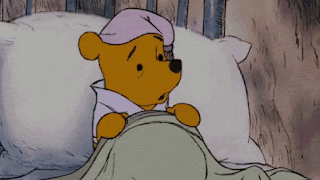It can be tempting to try to shield our youngest kiddos from the bad things in the world, but it can be helpful to start conversations with even preschool-aged children if you know they have been exposed to certain information. Even very young children can sense when there’s something wrong or something big happening around them and, as parents, we can control the information they receive and make sure they are able to express themselves in times of uncertainty or stress.
How to start the conversation:
Preschoolers/Kindergarteners: A lot of grown ups have been talking about this event (very few details). Do you have any questions for me?
Older kids/teens: Find out what they know. What do you know about what’s going on in (current event)? What do you think? How are you feeling?
Things to keep in mind:
The most important thing is to find out what they already know and how they are feeling, then go from there.
Keep their age in mind. It’s important for kids to know what is going on around them, but we must also keep them safe from distress. Use age-appropriate language.
Focus on the positive. It can be helpful to shift the conversation to the “good” aspects that tend to exist amongst crises - talk to your kids about acts of courage and kindness that people are experiencing.
Check in on what they are being exposed to, all that they are seeing and hearing. It’s important to correct any inaccurate information they may be receiving.
Limit the input. When the news is filled with upsetting images and scary headlines even adults can quickly feel overwhelmed. Consider limiting the frequency of media consumption at home with/around your kids.
Take care of yourself. The best way to help our kids cope with the scary outside world is to find healthy ways to cope ourselves. Children model our behavior and will pick up on the peace of mind you can provide them with.
Finally, remember that we don’t always have the answers to every question, and that’s OK.
Check out our other blog posts about Helping Your Teen Deal with Trauma and Help Children: How to Talk to Children About Traumatic Events
